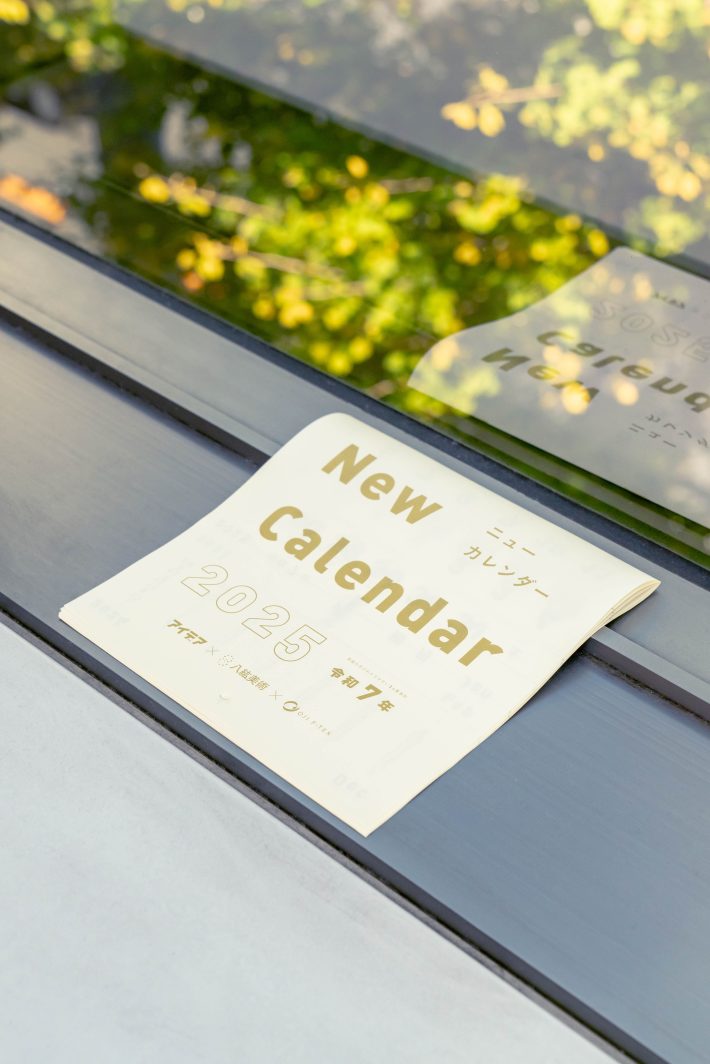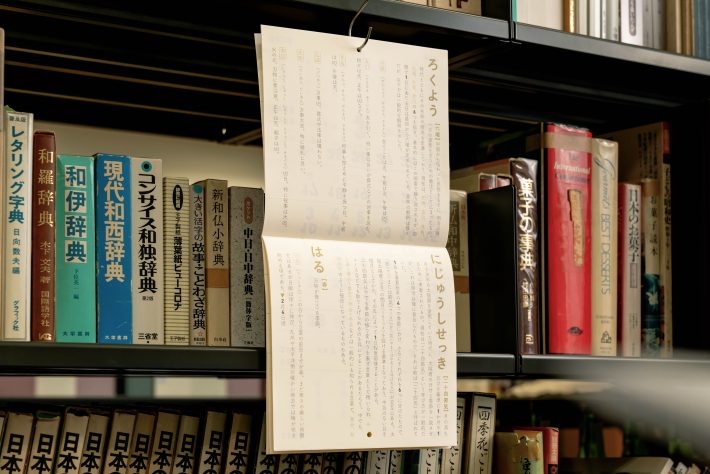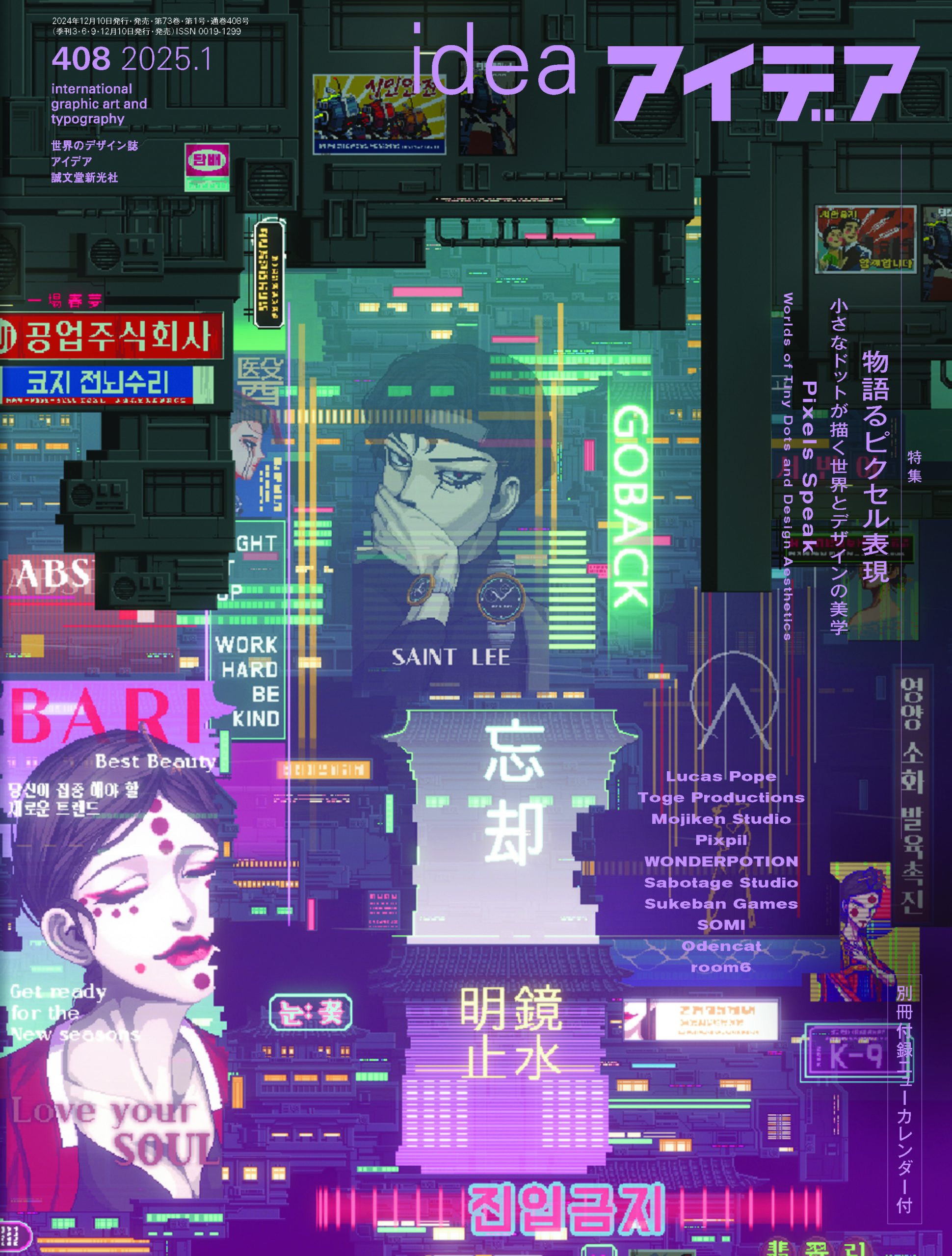Keyword
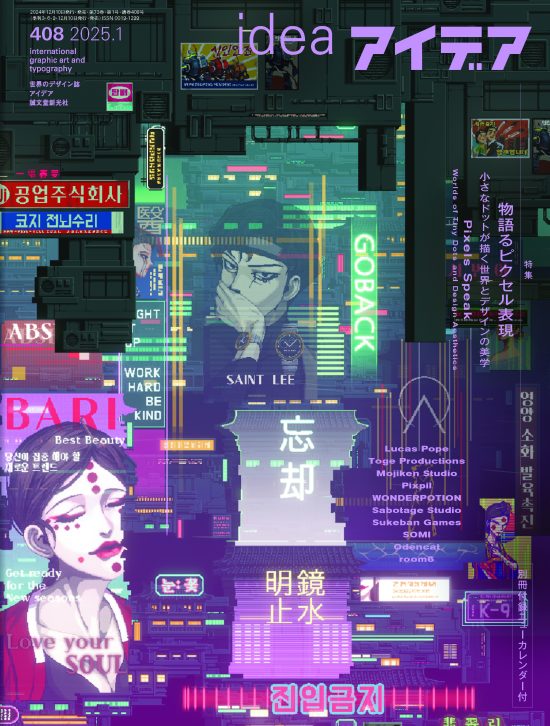
Published: 2024/12/10
Price: 3,600+tax jp yen
Order here – international shipping available!!
The digital version is also available
【Special Feature】
Pixels Speak:
Worlds of Tiny Dots and Design Aesthetics
Direction by IDEA Editorial Department
In cooperation with Shinji Matsunaga
Design by LABORATORIES (Kensaku Kato, Sae Kamata)
Photography by Takuji Onda (pp.93-95)
Pixel expression was born of technological limitations,and is now an established style of digital art. Having evolved through video games, it now leaves viewers with a feel of being retro, and also encompassesnew sensibilities, values, and continues to exhibit anexpressive power even in a modern context.
The rise of pixel expression can be linked to the technological restraints of the 1970s and 1980s. Low digital resolutions and limited color palettes forced people to be creative when producing attractive visuals.
The emergence of 3D graphics led to a temporary waning in pixel popularity, but the late 2000s brought with it the indie game movement, and thrust pixels
back into the limelight. Especially in the West, this ever-increasingly ‘intentional’ method of expression is simultaneously nostalgic and symbolic of a modern alternative.
In recent years, Lucas Pope’s Return of the Obra Dinn, Coffee Talk by Toge Productions, and (mostrecently) SANABI by WONDERPOTION have garnered
attention for their engaging stories and beautiful visuals.
While internationally-influenced titles continue to surface in Japan, a large number of works with their own unique sensibilities have also arrived on the scene. These works
continue to broaden the possibilities in pixel expression internationally, and offer a venue for culture and technology to intersect.
Additionally, pixels have moved beyond games into advertisements, publications, and video works. One of the reasons for this is possibly their ability to arouse the imagination of viewers with their limited form of expression.
Regardless of their lack of detail, each piece relates its own story̶a quality not found in other digital art styles.
This feature showcases creators acclaimed for their pixel expression from across the globe, including Lucas Pope, Toge Productions, Mojiken Studio, Pixpil,WONDERPOTION, Sabotage Studio, Sukeban Games,SOMI, Odencat, and room6.
All continue to produce amazing work ripe with originality and creativity, and our hope is for readers to see the potential latent in their
ideas and visuals.
Pixel expression is more than a nostalgic style; it’s a creative challenge transcending time and technology,and questioning the limits of the power of expression.
We hope that reading through offers the chance to seethe profound possibilities in and feel inspired by pixels.
Introduction
What is Pixel Art?
Text by Shinji Matsunaga
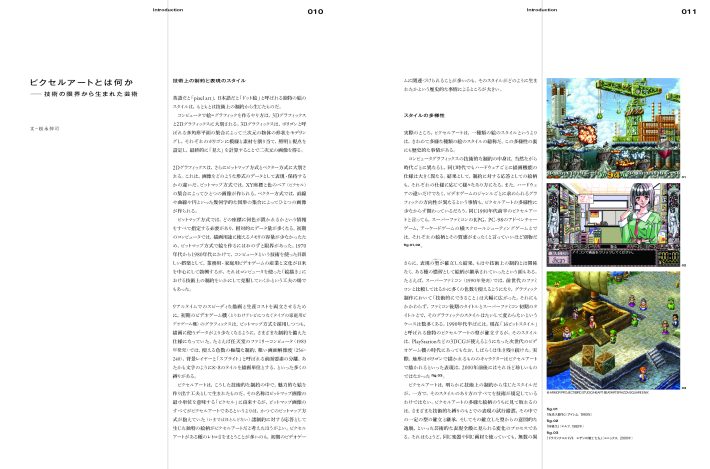
Lucas Pope
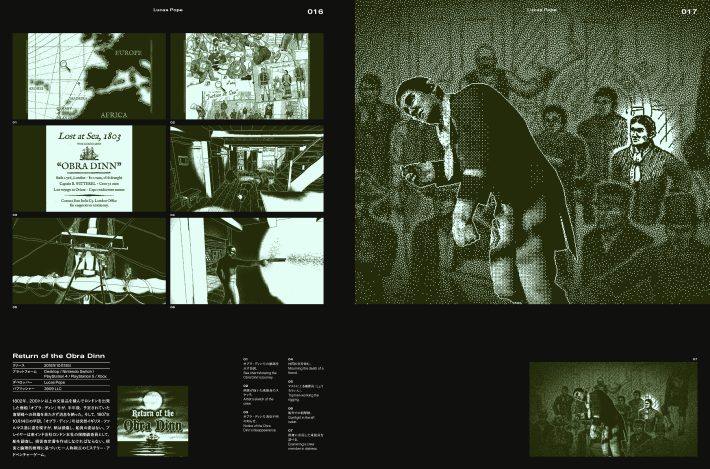
Toge Productions
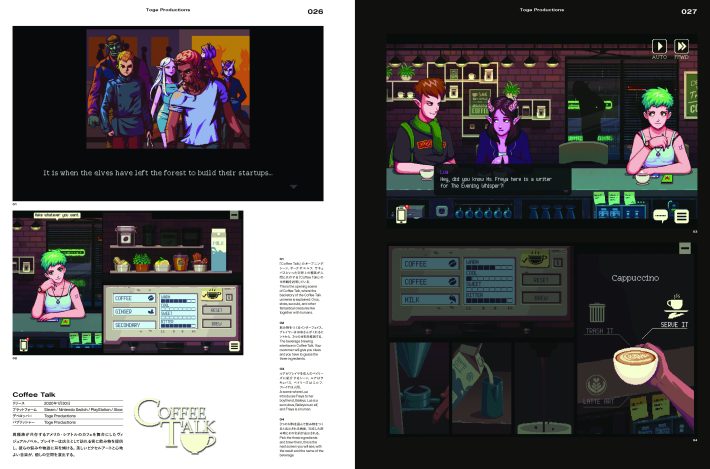
Mojiken Studio
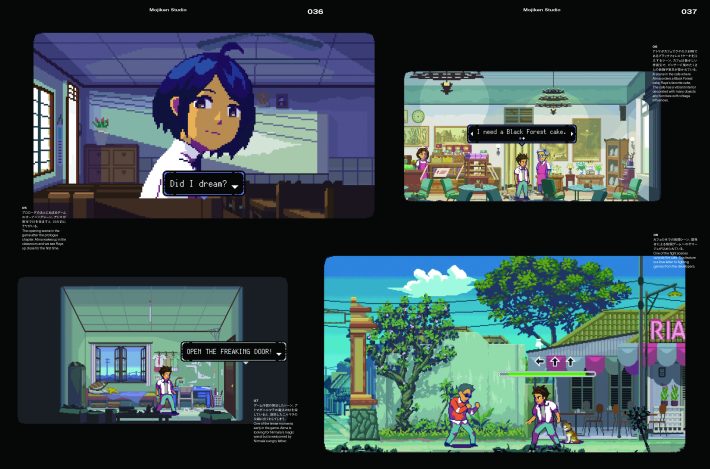
Pixpil
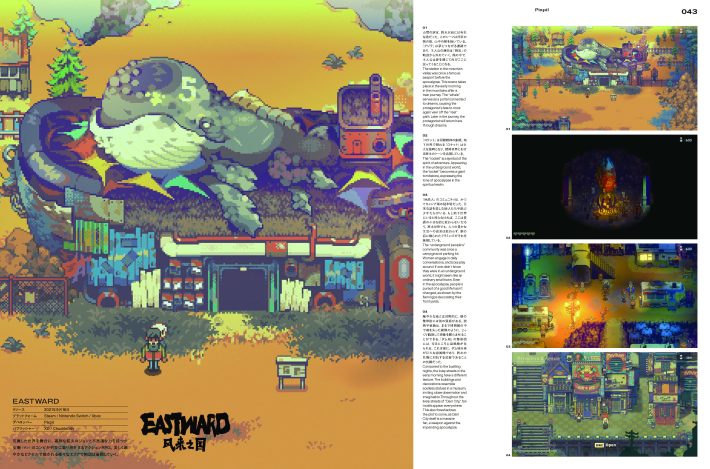
WONDERPORTION
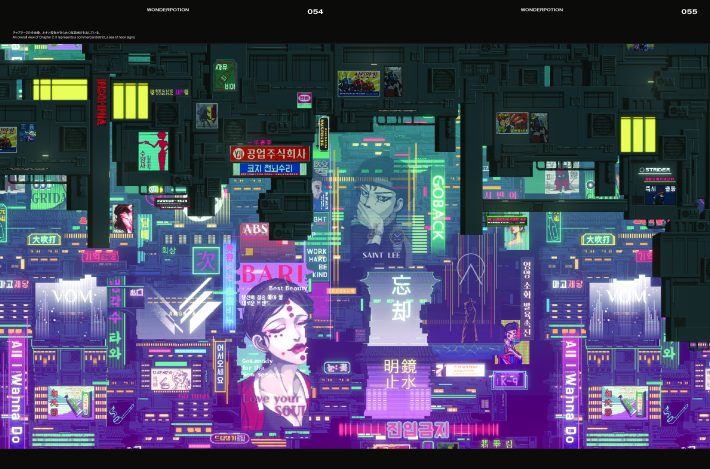
Sabotage Studio
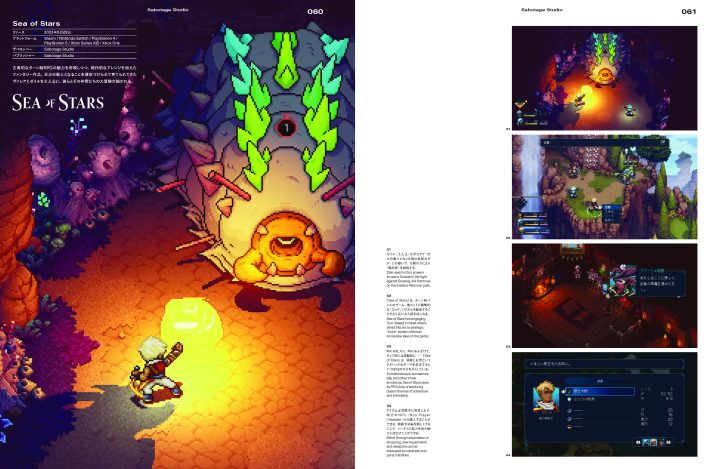
Sukeban Games
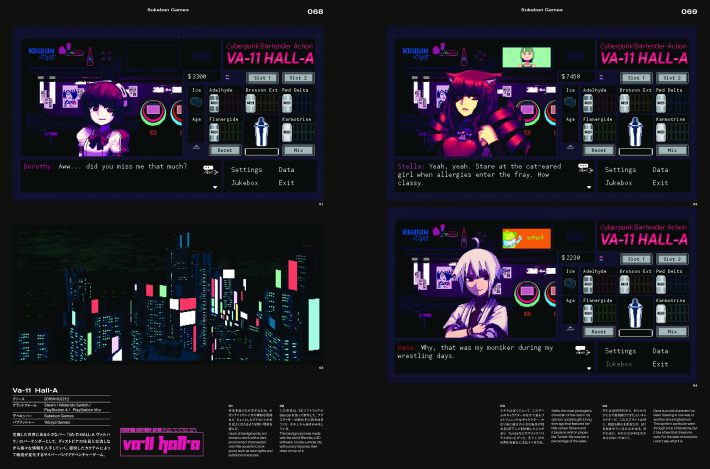
SOMI
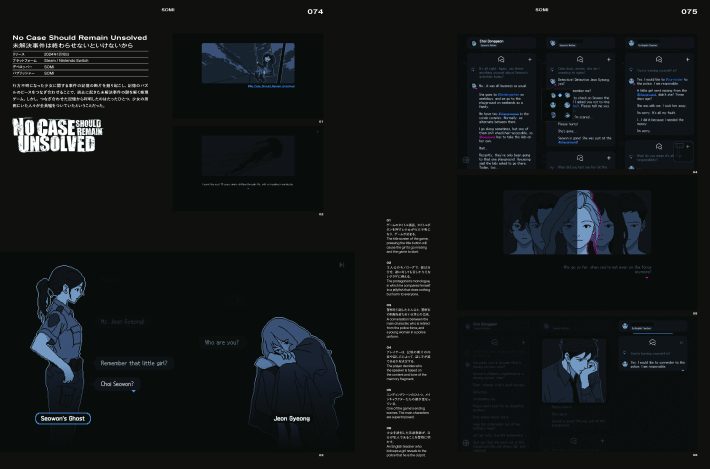
Odencat
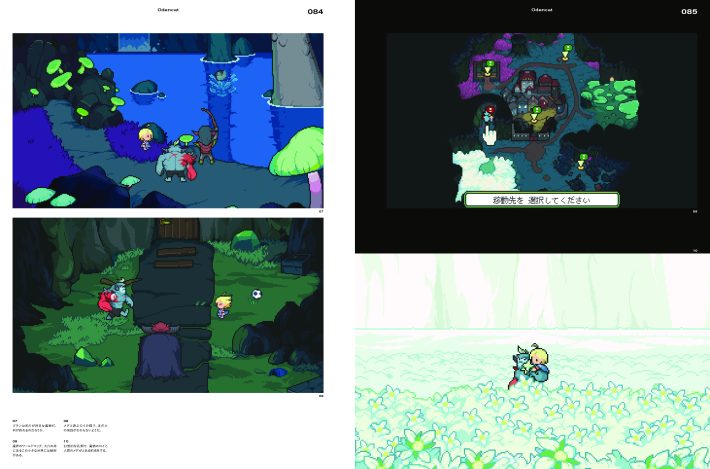
room6
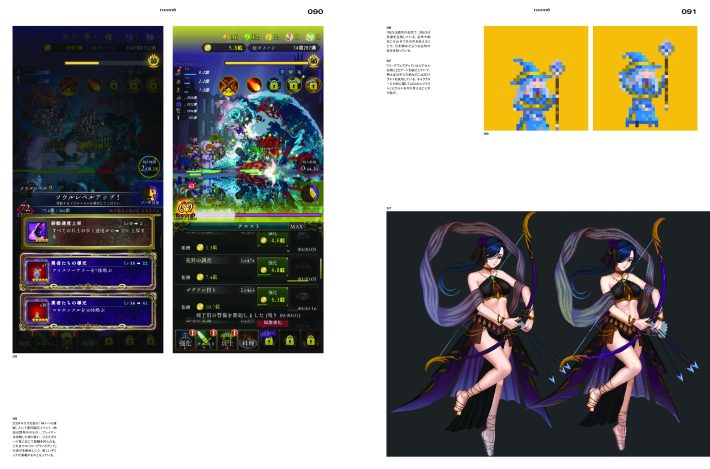
Interview Kazuko Shibuya
Dot Pictures Connecting
Imagination and Visibility
Interview by Idea Text by Ryoichi Fujii
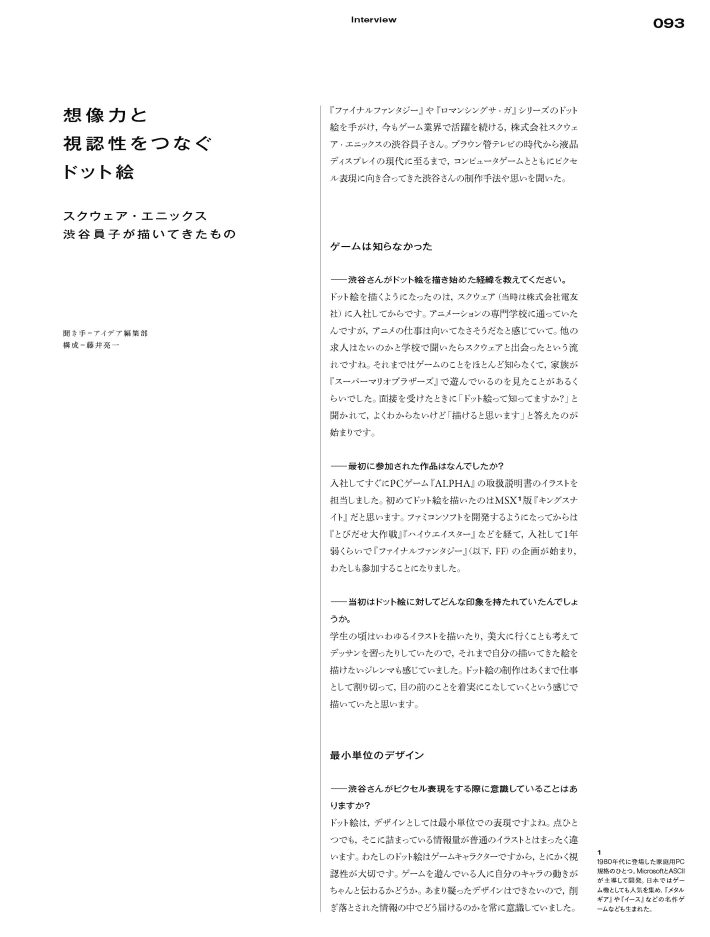
Column
History of coexistence of
“deformation” and “realism” in pixel art
Text by Haruhisa “Hally” Tanaka
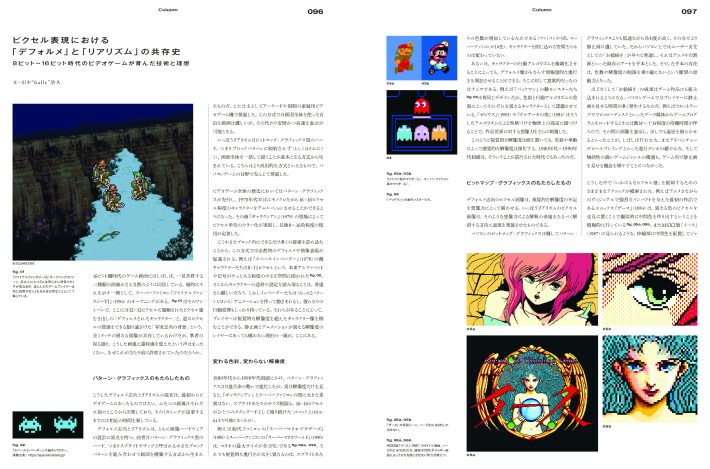
Column
Admiring the blurriness of pixels
Text by Shinji Matsunaga
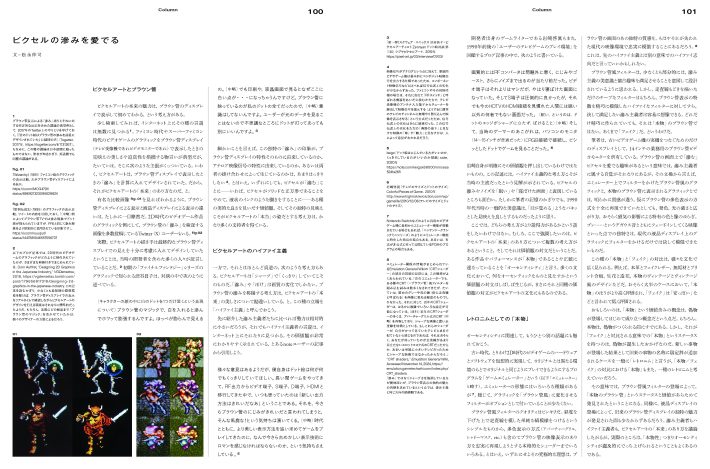
Column
Small Game Development Today
Text by Takaaki Ichijo
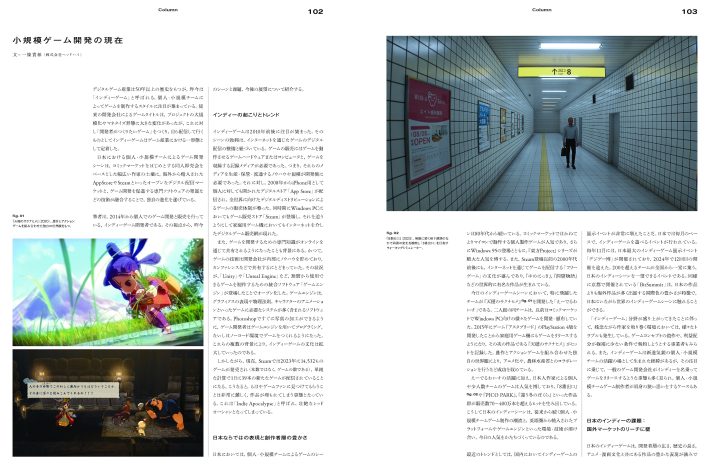
30TH ANNIVERSARY OF THE COMME DES GARÇONS PARFUMS
Text by Madoka Nishi
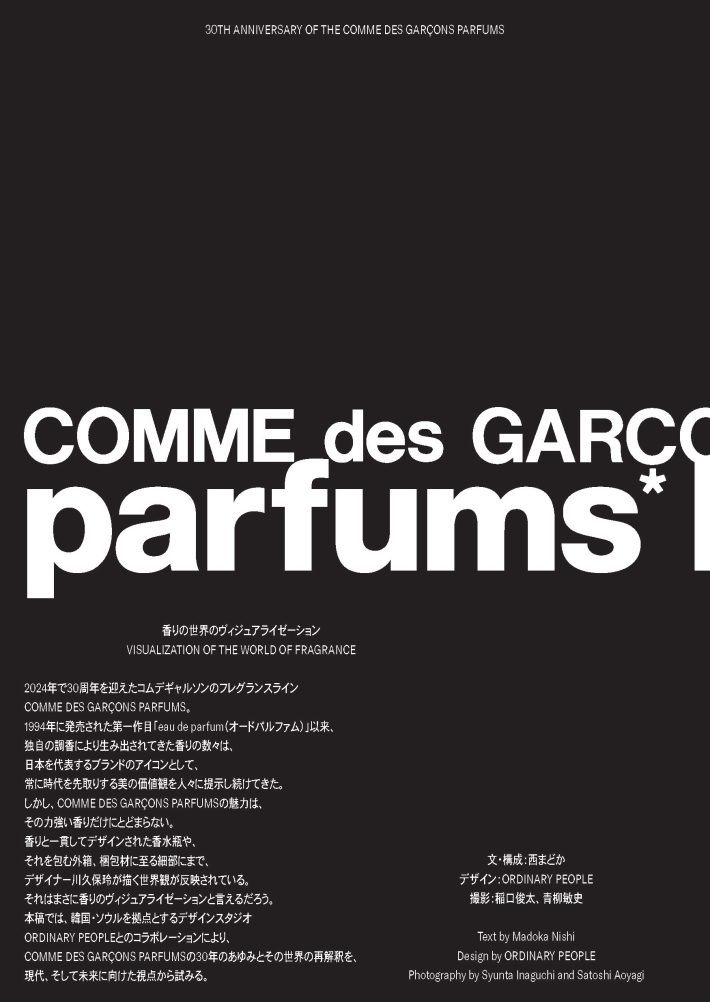
A brief history of the design of labels for wineries in German
Text by Markus Weisbeck
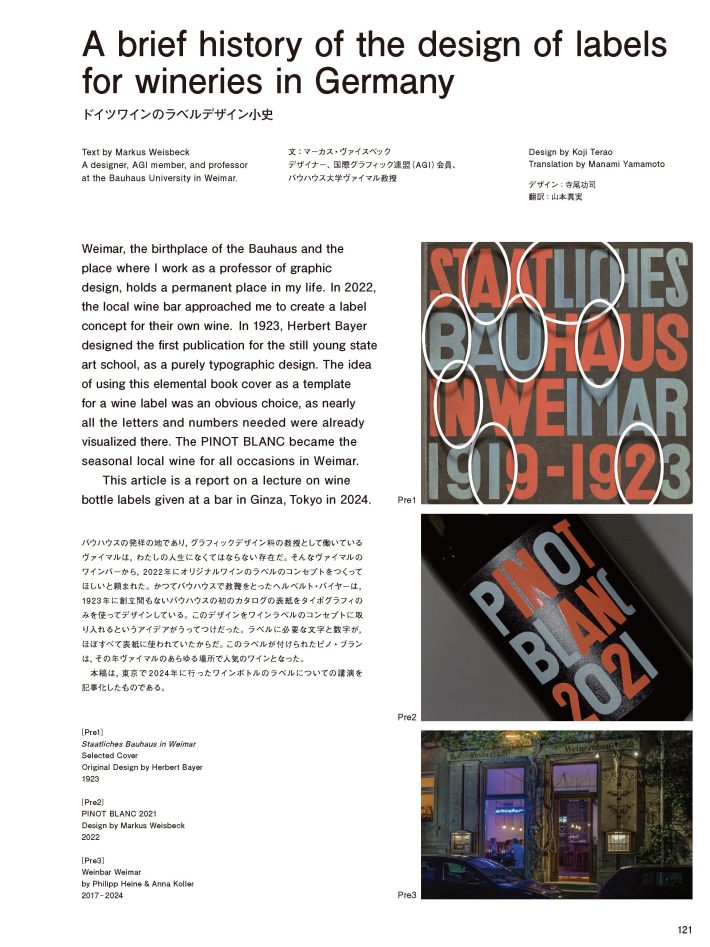
Brötzm Gestalt In Memory of Peter Brötzmann
Text and Layout by Jumpei Niki
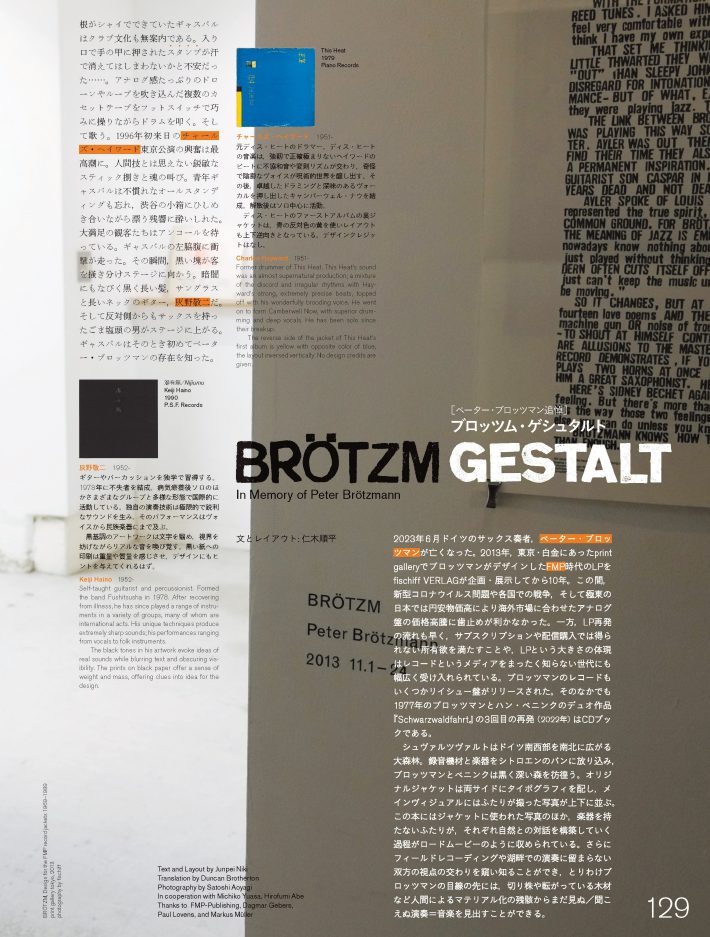
Exhibition Review
The Future of Japanese Typefaces
Text and design by Toshinobu Nagata
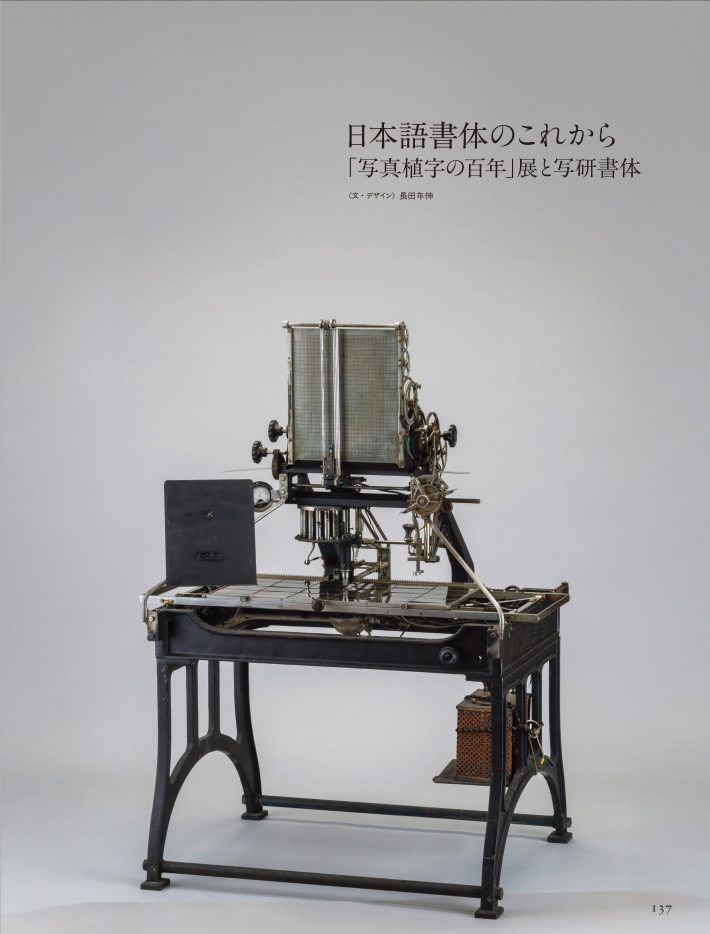
Series
Design Eccentric From the World Collectors’ Room
vol. 8: The Design Reviewed Archive, part 8
Text by Matt Lamont
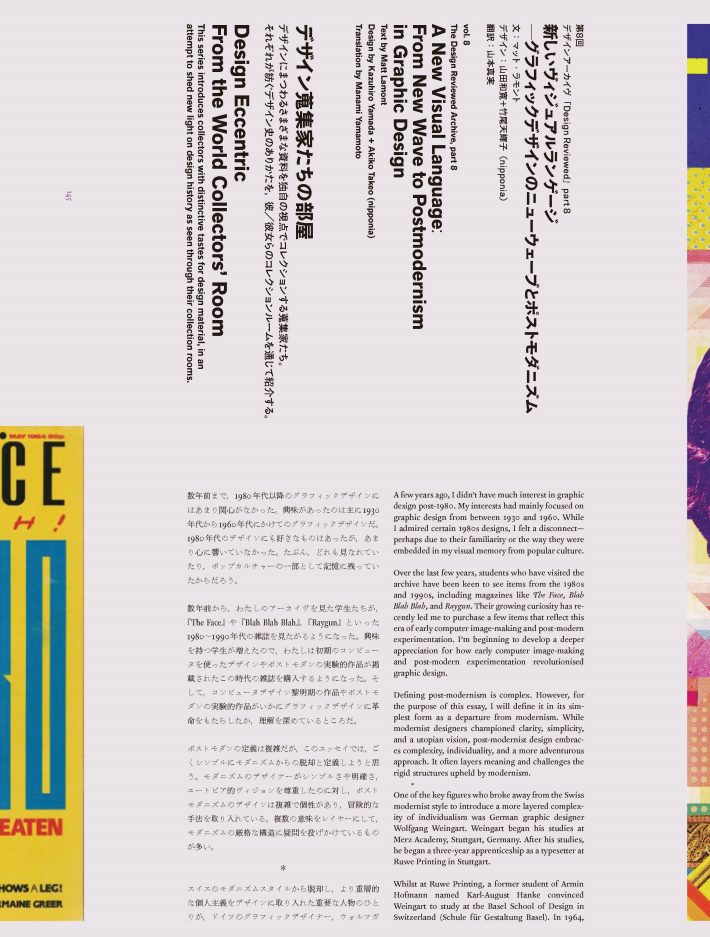
New Calendar 2025 Production File
Interview with Oji F-Tex Co., Ltd.
Interview by Jujiro Maki, Idea
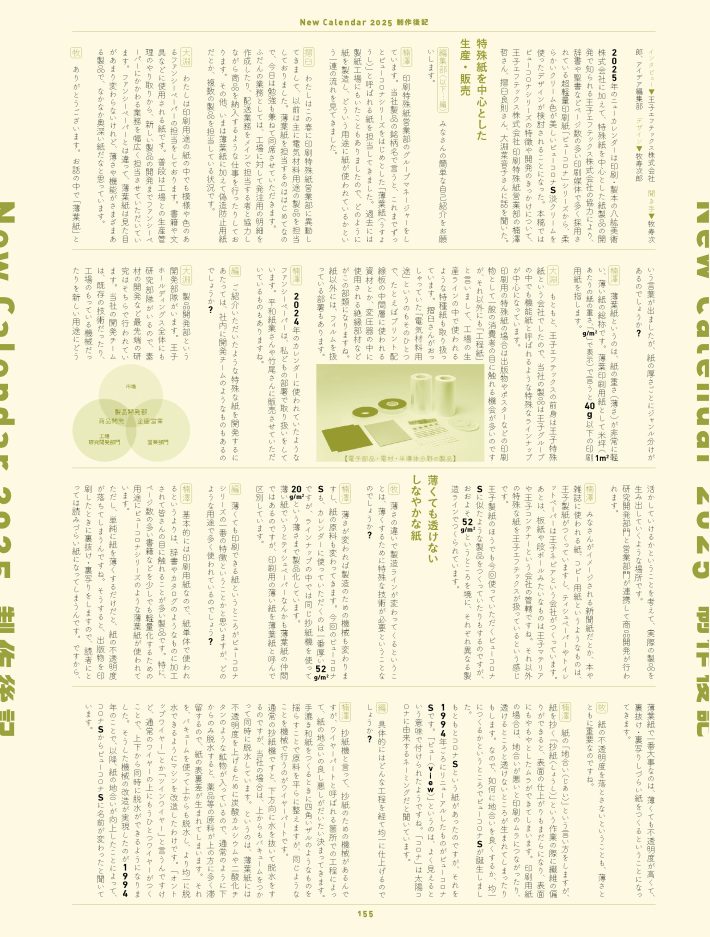
Information
Book
Appendix booklet: New Calendar 2025
In cooperation with Hakko Bijyutsu,
Oji F-Tex Co., Ltd.
Design by Jujiro Maki
